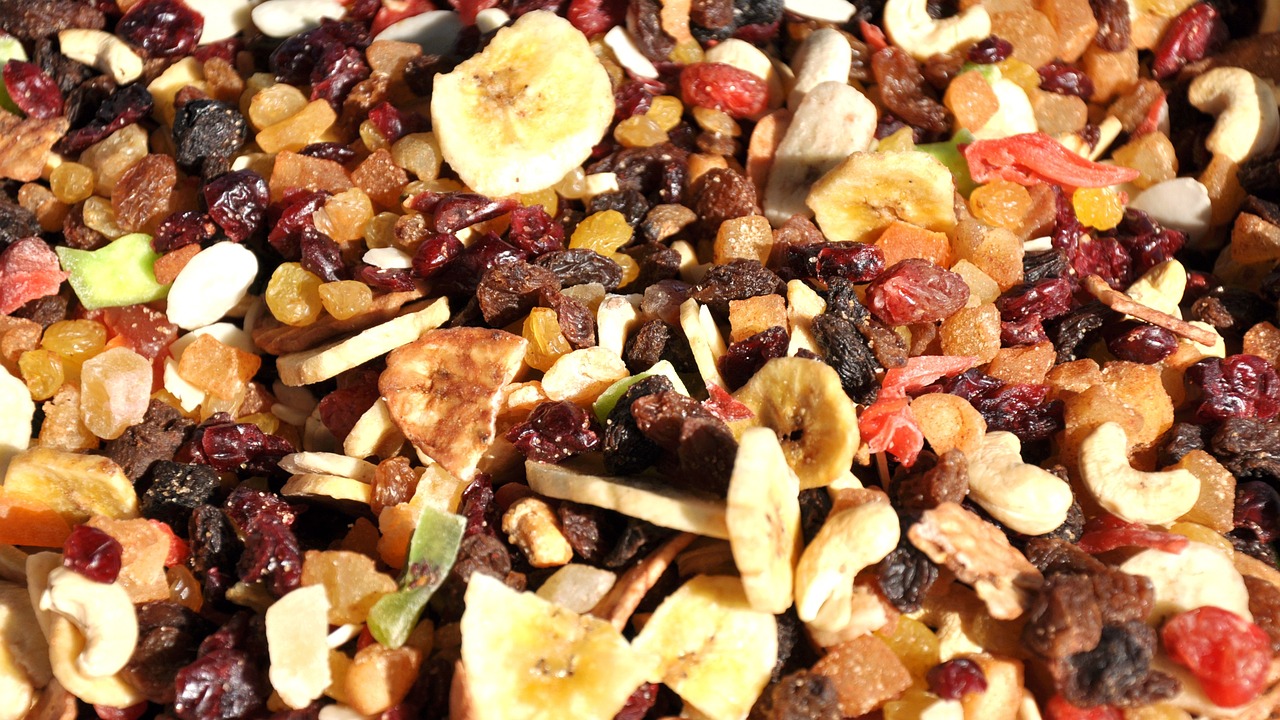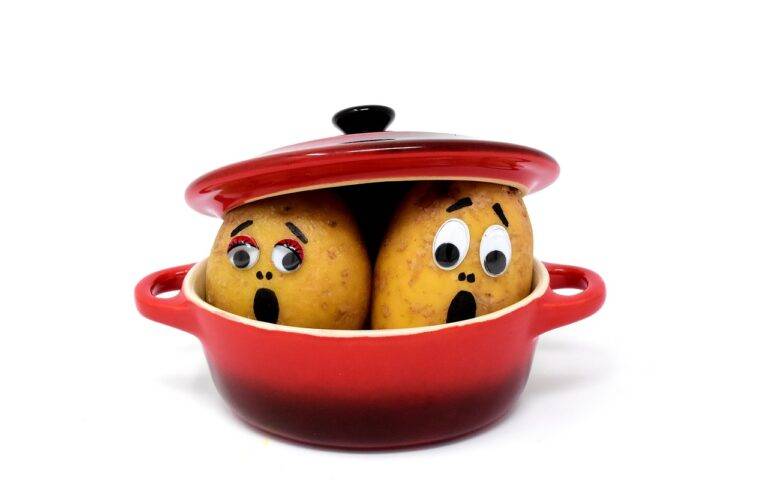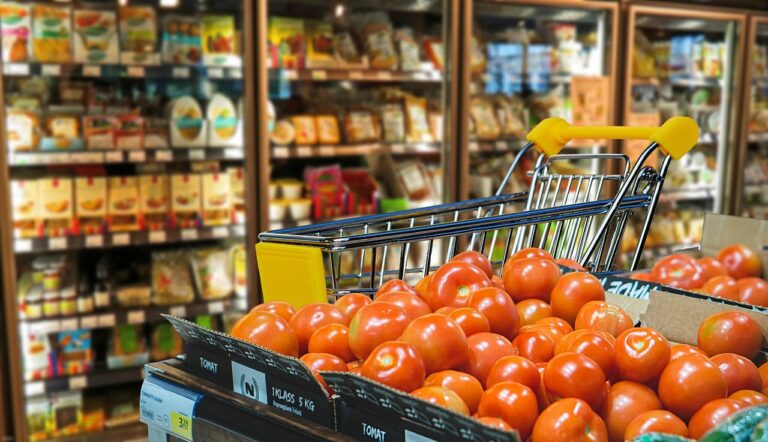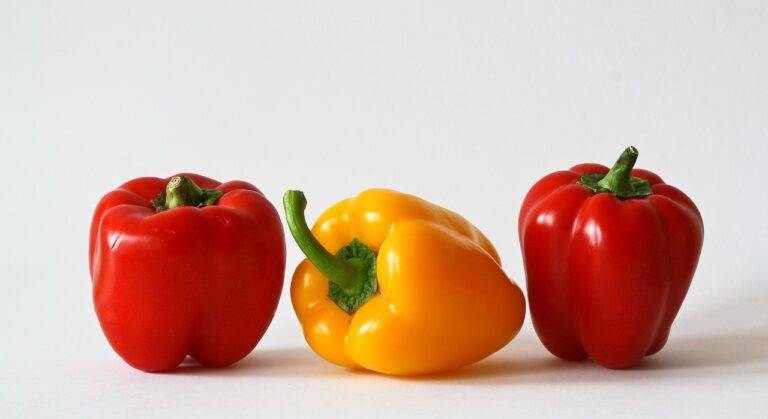Distilling in the Digital Age: Technology’s Impact on Production and Distribution
cricbet99.win register, sky 99 exch, reddy book club:Distilling in the Digital Age: Technology’s Impact on Production and Distribution
In recent years, technology has revolutionized many industries, and the distilling industry is no exception. With the advancements in digital tools and processes, distilleries are now able to improve their production and distribution methods to meet the demands of a fast-paced market.
Production
One of the most significant impacts of technology on distilling is in the production process. Digital tools and equipment have enabled distilleries to streamline their operations and increase efficiency. Automation in production lines allows for more precise control over the distillation process, resulting in consistent and high-quality products.
Additionally, the use of data analytics and machine learning algorithms has enabled distillers to optimize their recipes and production methods. By analyzing large sets of data, distilleries can identify patterns and trends that lead to improved product quality and reduced waste.
Another key aspect of technology in distilling is the development of new equipment and techniques. Innovations such as vacuum distillation and molecular separation have opened up new possibilities for distillers to create unique and innovative spirits. These technologies allow for greater control over flavor profiles and can lead to the development of entirely new categories of spirits.
Distribution
Technology has also had a significant impact on the distribution of distilled products. With the rise of e-commerce platforms and online marketplaces, distilleries now have more direct access to consumers than ever before. This direct-to-consumer model has allowed distillers to bypass traditional distribution channels and reach a wider audience.
Furthermore, the use of digital marketing and social media has enabled distilleries to create more personalized and targeted campaigns. By leveraging data analytics and consumer insights, distilleries can tailor their marketing strategies to specific demographics and market segments.
In addition, technology has improved the efficiency of distribution logistics. Advanced inventory management systems and real-time tracking tools allow distilleries to monitor their products’ movement from production to delivery. This level of visibility ensures that products are delivered on time and in optimal condition.
Overall, the impact of technology on distilling has been overwhelmingly positive. From production to distribution, digital tools have enabled distilleries to operate more efficiently, create innovative products, and reach a broader audience. As technology continues to evolve, we can expect to see even more advancements in the distilling industry in the years to come.
FAQs
Q: How has technology changed the distilling industry?
A: Technology has revolutionized the distilling industry by improving production processes, creating innovative products, and enhancing distribution methods.
Q: What are some of the key technological advancements in distilling?
A: Some key advancements include automation in production lines, data analytics for recipe optimization, and the development of new distillation techniques.
Q: How has technology impacted distribution in the distilling industry?
A: Technology has enabled distilleries to reach consumers directly through e-commerce platforms, leverage digital marketing strategies, and improve distribution logistics.
Q: What can we expect in the future of technology in distilling?
A: As technology continues to evolve, we can expect to see even more innovations in the distilling industry, such as the use of artificial intelligence and virtual reality in production and marketing processes.







